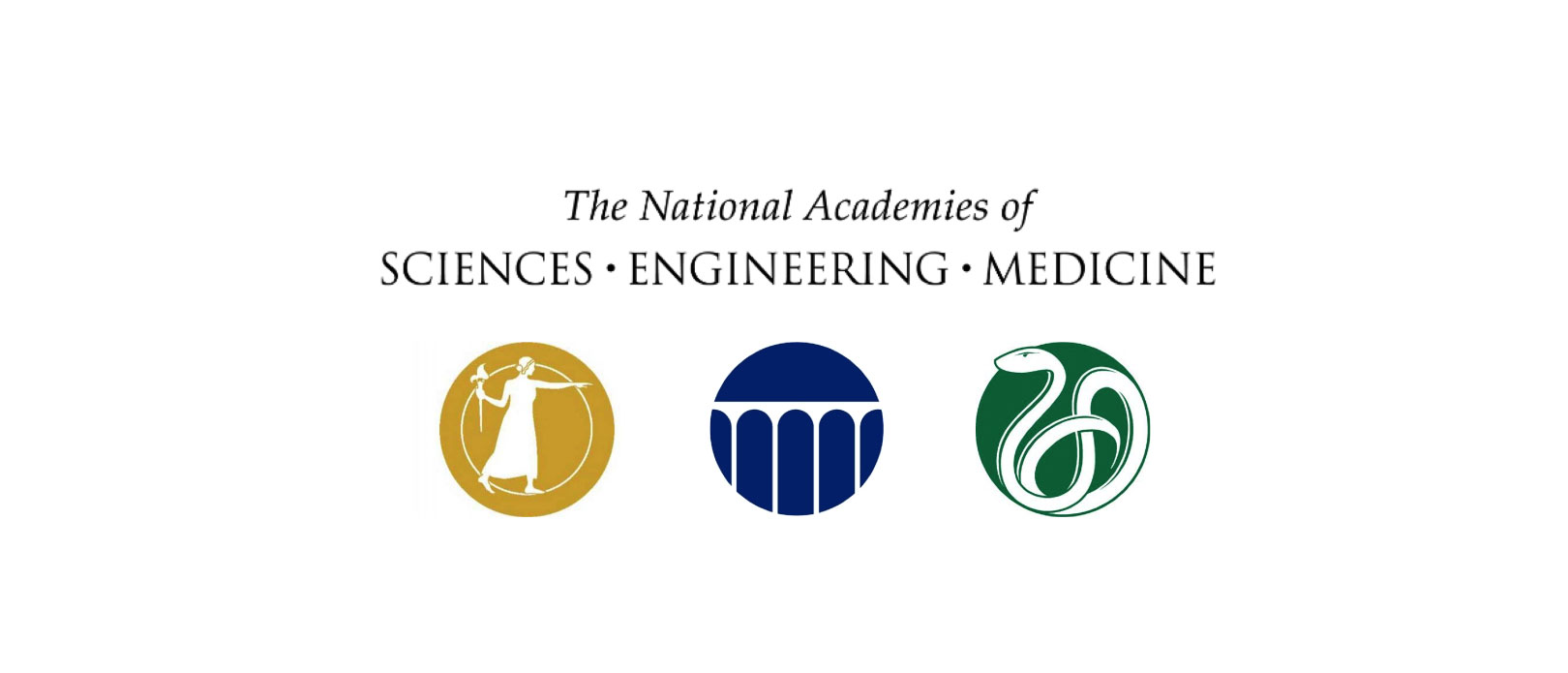Bildtext får vara max två rader text. Hela texten ska högerjusteras om den bara ska innehålla fotobyline! Photo: B. Christensen/Azote
Sustainability science
Centre contributes to National Academies of Sciences workshop on the state of sustainability science

Text
The session provided scientific input to the Nobel Prize Summit “Our Planet, Our Future” to be held in Spring 2021
Between 30 November and 2 December 2020 the US National Academies of Sciences, Engineering, and Medicine (NAS) held a public workshop exploring Progress, Challenges, and Opportunities for Sustainability Science.
The workshop was designed by a steering committee of leading scholars from around the world, which included former Stockholm Resilience Centre Chair of the board, Carl Folke, along with other NAS members Pamela Matson, William Clark, Arun Agrawal, Partha Dasgupta, Ruth DeFries, Robert O. Keohane, Diana Liverman, and Stephen Polasky.
It reviewed the state of cutting edge research that can help societies meet the goals of sustainable development, and provided scientific input to the National Academy of Sciences (NAS) Grand Challenges in Science initiative and to the Nobel Prize Summit “Our Planet, Our Future” which will be held in Spring 2021.
The Stockholm Resilience Centre, together with the Beijer Institute of Ecological Economics, is one of the main partners behind the upcoming summit.
Discussions around six themes
The discussions were structured around six themes:
- Measuring progress toward sustainable development
- Promoting equity and justice in sustainability efforts
- Adapting to shocks and surprise
- Dostering innovation for transformational change
- Linking knowledge with action
- Managing and governing complex nature-society systems.
Each theme was addressed in a panel featuring presentations by, and discussions among, a half-dozen or so leading scholars from around the world.
Centre presentations
In addition to an organising role, centre researchers presented in several sessions.
The session “Adapting to Shocks and Surprises” was moderated by Carl Folke, and focused on capacities for dealing with shocks and surprises as part of strategies for learning and developing with change and what this implies for living in the more turbulent times of the Anthropocene.
In his talk “Anthropocene risks: connectivity, shocks and surprise”, centre deputy director Victor Galaz discussed the role of finance in sustainability.
Belinda Reyers continued with “Resilience capacities and sustainable development in intertwined social-ecological systems”, unpacking the definition of resilience and the concept of ecological capacities.
The session “Fostering Innovation for Transformational Change” examined advances in understanding the behavior of complex adaptive systems and the dynamics that either prevent or promote transformations towards sustainability across varying scales and types of human organization and socio-ecological systems.
In her talk “Seeds of good Anthropocenes: fostering transformational change toward sustainable futures” Oonsie Biggs discussed insights from the Seeds of Good Anthropocenes project.
Garry Peterson’s talk “Resilience, collapse, and transformation: strategies for navigating turbulent times” continued with more Seeds of Good Anthropocenes, discussing what is needed for transformation.






